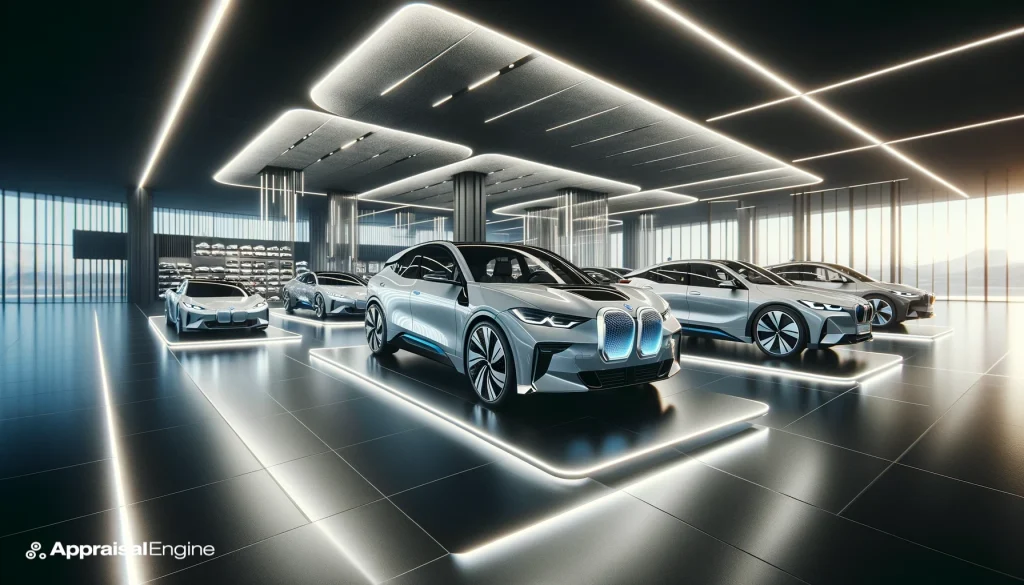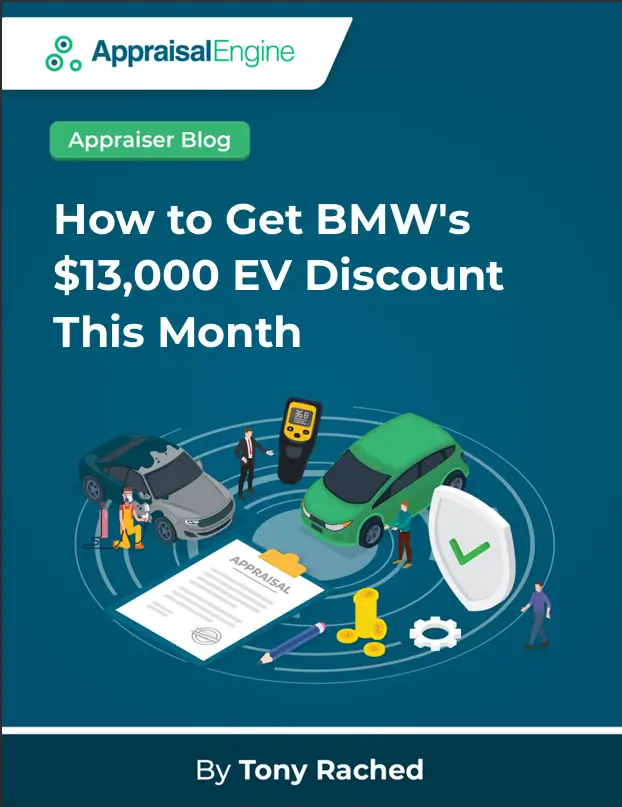Are you in the market for a new electric vehicle but deterred by the hefty price tags? BMW’s latest offer might just change your mind. Through the end of April, the luxury automaker is providing substantial rebates on its entire electric vehicle (EV) lineup. With potential savings of up to $13,000, this initiative represents a significant move by BMW to make their high-end EVs more accessible to a broader audience. This article will delve into the details of these rebates, exploring how they stack up against industry standards and what this means for you as a potential buyer.

How to Get BMW’s $13,000 EV Discount This Month (PDF)
The Scope of Discounts
BMW’s EV pricing strategy includes a range of rebates that could significantly reduce the cost of owning one of their latest models. For instance, the 2024 i4 and i5 models are eligible for a $5,000 rebate until the end of the month. More luxurious models like the i7 and iX offer even greater discounts, with $7,500 off the list price. Here’s a quick breakdown of the potential savings:
- 2024 i4 and i5: $5,000 rebate
- i7 and iX: $7,500 rebate
Additional Savings Opportunities
Beyond these initial rebates, BMW offers additional financial incentives to existing customers through loyalty discounts:
- i4: $1,000 loyalty discount
- i5: $1,500 loyalty discount
- i7: Up to $3,000 loyalty discount
These rebates apply regardless of the payment method, whether it’s through BMW Financial Services, cash purchases, or other financing options. Moreover, leasing a BMW EV can unlock even more substantial savings. For example, leasing an i4 or i5 comes with a $7,500 rebate, and the higher-end i7 and iX models offer a $9,900 lease credit, potentially totaling up to $13,000 in savings with the loyalty discount.
Comparison to Federal Incentives
It’s worth noting that BMW’s EVs currently do not qualify for federal tax credits, which can offer up to $7,500 off at the time of purchase for eligible vehicles. This lack of federal incentive makes BMW’s own rebates even more critical for reducing the overall cost to consumers.
Behind BMW’s Rebate Offers
Strategic Moves in a Competitive Market
While BMW’s high starting prices for EVs, such as the i4’s $52,000, might initially seem daunting, these rebates reflect a strategic push to remain competitive in a rapidly evolving market. The absence of federal tax credits for BMW’s EVs adds another layer of urgency to offer attractive pricing through other means.
Production and Future Plans
BMW is ramping up its EV production capabilities, with plans to build at least six new electric models in its Spartanburg, S.C., facility by 2030. This move could potentially meet the criteria for future federal tax credits, enhancing the appeal of BMW EVs in the U.S. market.
Conclusion
BMW’s aggressive rebate program for April is not just about clearing inventory—it’s a clear signal of the automaker’s commitment to securing a significant foothold in the electric vehicle market. With rebates as high as $13,000 and additional loyalty discounts, BMW is making an appealing case for cost-conscious consumers looking to enter the luxury EV space. If you’ve been considering an electric vehicle but felt discouraged by the prices, now might be the perfect time to reconsider a BMW.
Making the Choice Easier
For those on the fence, here’s why BMW’s offers could be a game-changer:
- Significant Price Reductions: Immediate rebates can dramatically reduce the initial cost barrier.
- Competitive against Lack of Federal Credits: These rebates help offset the disadvantage BMW faces due to the lack of federal tax credits.
- Future Savings: With plans to produce more EVs locally, future models might also benefit from federal incentives, making them even more economically viable options.
By leveraging these rebates, BMW is not just selling cars; it’s investing in its future customer base and responding proactively to market demands. This April might just be the ideal time to join the electric revolution with a new BMW.




